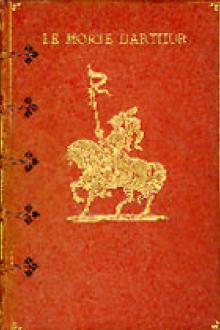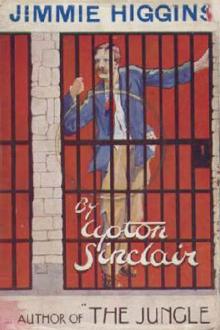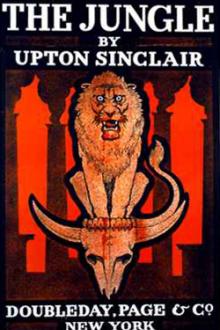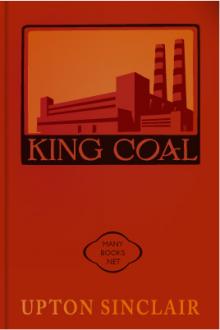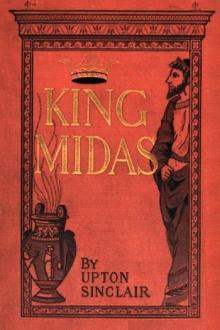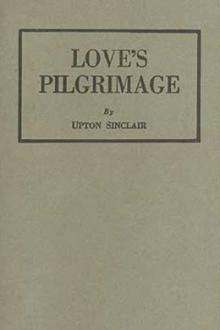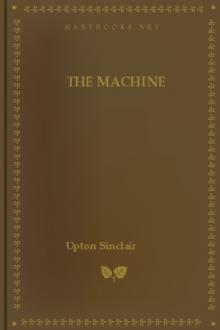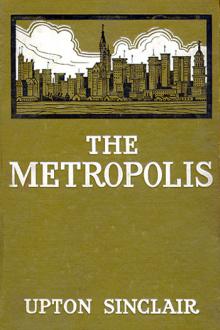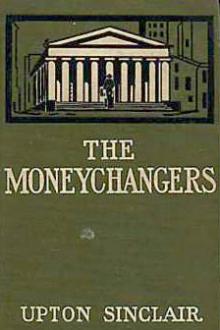100%: The Story of a Patriot
Book Excerpt
"Can you stand up?" he demanded; and Peter tried, and found that he could, and forgot that he couldn't. He was covered with blood and dirt, and was an unpresentable object, but he was really relieved to discover that his limbs were intact.
"What's your name?" demanded one of the policemen, and when Peter answered, he asked, "Where do you work?"
"I got no job," replied Peter.
"Where'd you work last?" And then another broke in, "What did you crawl in there for?"
"My God!" cried Peter. "I wanted to get away!"
The policemen seemed to find it suspicious that he had stayed hidden so long. They were in a state of excitement themselves, it appeared; a terrible crime had been committed, and they were hunting for any trace of the criminal. Another man came up, not dressed in uniform, but evidently having authority, and he fell onto Peter, demanding to know who he was, and where he had come from, and what he had been doing in that crowd. And of
Editor's choice
(view all)Popular books in Fiction and Literature, Espionage
Readers reviews
- Upvote (0)
- Downvote (0)
Peter is an out-of-work con-man's assistant who accidentally finds himself a victim of a bombing at a WWI preparedness parade. Then he gets blamed for the bombing and tortured. But he's 100% American, and agrees to work for the security forces as a spy on the Reds (communists, socialists, pacifists, labor organizers, Internationalists, free-lovers, Quakers, Russellites, leftist liberals, anarchists—they all get lumped together, just as Rand does.)
Upton Sinclair mashes together several historical events (which he cites in the appendix) into one story. The characters are rather broadly drawn, and lean a bit on stereotypes, but are much more realistic than Rand's cardboard people.
Although I thought the book might be like James T. Farrell's stuff, it has more in common with Kosinski's Being There, in that the main character is profoundly stupid, yet blunders into situations that work out well for him. With a few exceptions. He progresses through his career with a few setbacks, and has a minor epiphany when he discovers he enjoys beating up people who can't or won't defend themselves.
The whole idea of labor organizing seems a bit quaint these days, but the early part of the 20th century these were violent struggles that resulted in the benefits workers expect today.
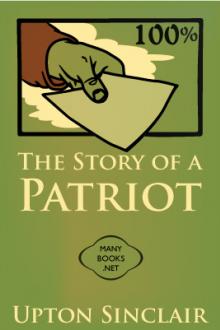
 Free Download
Free Download






















